Imagine if all local council services, from waste management and housing to social care and education, could operate seamlessly and securely. This might seem out of reach for councils but with the right tools in place, it’s an achievable reality. One of the most critical tools is the Cloud-Native Application Protection Platform, or CNAPP. Recently, Grant Barnes, Threat and Vulnerability Manager at Cantium, and Peter Hall, Cloud Sales Specialist at Tenable, spoke about the significance of CNAPP in an episode of The Cantium Podcast.
In the public sector, especially within local government, the variety of services provided to citizens is vast and continuously expanding. As digital transformation sweeps across these services, there are growing cyber security concerns. Recent high-profile breaches have highlighted the urgent need for robust protection measures and that’s where CNAPP comes into play.
What Exactly is Cloud-Native Application Protection Platforms (CNAPP)?
CNAPP isn’t just another buzzword thrown around by tech vendors. It encompasses a comprehensive approach to securing cloud environments. It looks at cloud posture, workload protection, identity entitlement, and data security posture management. Layered on top of these are advanced vulnerability management and hygiene practices. Essentially, CNAPP offers a holistic view of the security landscape within your cloud environment, helping organisations to see, understand, and act on potential threats and vulnerabilities.
Local governments handle a gold mine of sensitive data and manage numerous critical services. Digital transformation means that systems are in a constant state of evolution, which, although beneficial, can also introduce gaps and vulnerabilities. It’s crucial for public sector organisations to have detailed vulnerability information so they can prioritise and address these issues effectively within their cloud environments.
Why Local Governments Need CNAPP
One of the largest benefits of CNAPP is the clarity and understanding it brings of all your cloud resources, how they are interlinked, and any vulnerabilities or security misconfigurations that should be addressed from a malicious intent perspective or a compliance one.
With cloud utilisation growing at an extremely fast pace, it’s essential that Local Governments understand their utilisation for public-facing services and their high-availability requirements. For example, if a vulnerability were to be exploited, how would it impact critical infrastructure, and the services delivered to citizens? CNAPP helps organisations to patch vulnerabilities but also to grasp the potential repercussions fully.
By allowing local governments to see which data is connected to the internet and who has access to it, CNAPP helps build a comprehensive view of potential threats. It prioritises cloud risks, identifies toxic combinations of vulnerabilities, misconfigurations, and over-privileged access, and highlights data at risk. This holistic view is essential for managing and mitigating risks effectively.
The Real-World Impact of CNAPP
Tenable is helping the public sector through free CNAPP Cloud Posture reviews. Their research shows that hybrid cloud environments are breached just as frequently as non-hybrid ones. Worryingly, the cost of a data breach in a public cloud environment can run into millions of dollars. However, the good news is that together, Cantium and Tenable can make a difference.
Over a 30-day period, Tenable has demonstrated the ability to reduce the number of critical and high risks by up to 65 percent. This reduction means less effort is required to patch the most dangerous vulnerabilities, which are often being exploited in the wild. CNAPP can ingest identity-based, web, and cloud-based vulnerabilities, blending this information to provide greater insights through a scorecard mechanism.
The very nature of digital transformation means that local governments cannot afford to lag behind when it comes to cyber security. CNAPP offers a robust solution to manage and mitigate the multitude of risks present in cloud environments. If you work in the public sector and want to protect your organisation’s critical services and data, it’s time to learn more about CNAPP.
To understand how CNAPP can safeguard against the most common and prolific vulnerabilities, be sure to watch or listen to the full podcast episode featuring Grant Barnes and Peter Hall.
Click the link below for their discussion and to start your journey towards a more secure cloud environment.
Access the full episode here: From Vulnerability to Security: CNAPP Explained (youtube.com)
